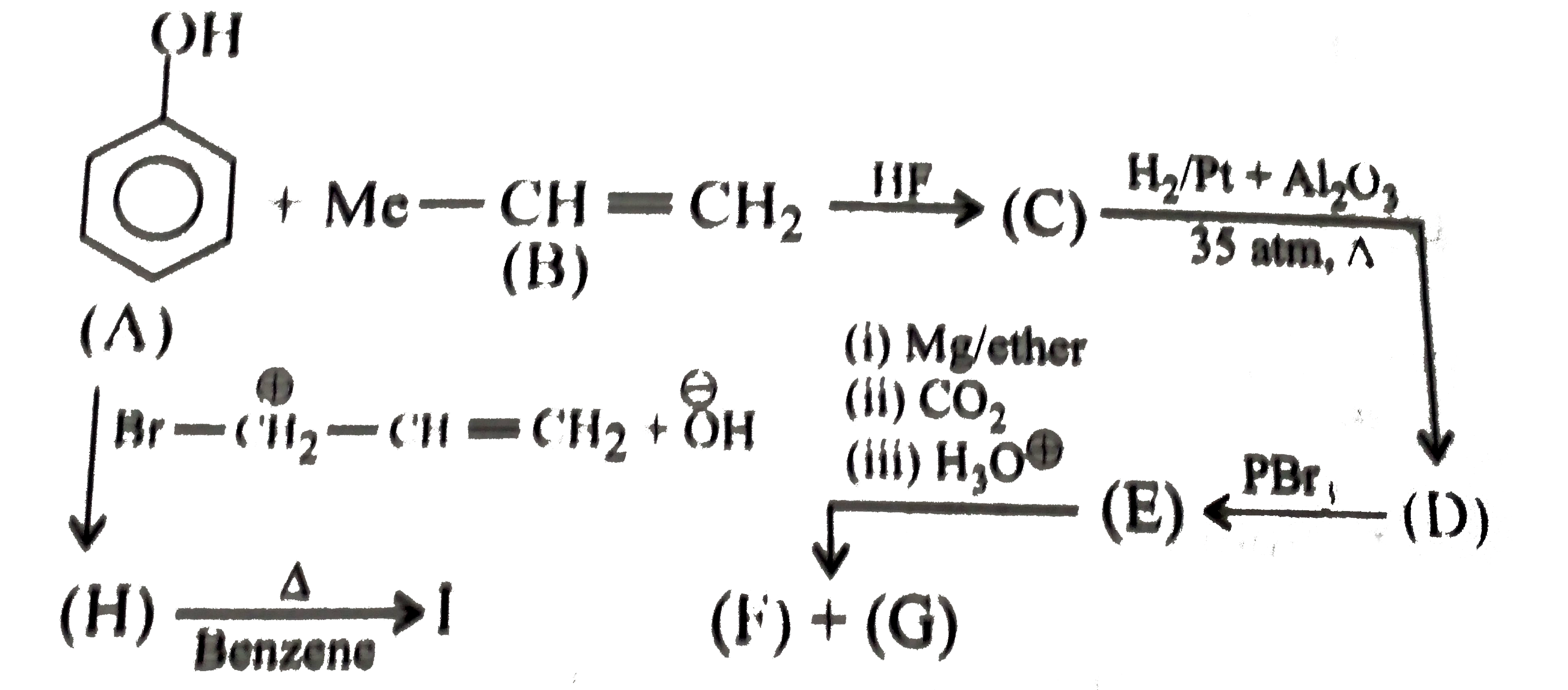The mechanism of urine formation in nephron involves
Ultrafiltration
Secretion
Diffusion
Osmosis
The correct Answer is:A
Step-by-Step Solution for the Mechanism of Urine Formation in Nephron
1. Understanding the Excretory System: The kidneys are the primary excretory organs in the human body. They play a crucial role in filtering blood and removing waste products.
2. Nephron as the Functional Unit: The nephron is the structural and functional unit of the kidney. Each kidney contains approximately one million nephrons, which are responsible for urine formation.
3. Process of Urine Formation: The mechanism of urine formation involves several key processes:
- Ultrafiltration: Blood enters the nephron through the afferent arteriole and is directed into the glomerulus, a network of capillaries. Here, blood is subjected to high pressure, which forces water, ions, and small molecules out of the blood and into the Bowman's capsule. This process is known as ultrafiltration.
- Reabsorption: After ultrafiltration, the filtrate (the fluid that has been filtered) moves through the renal tubule, where essential substances like glucose, certain ions, and water are reabsorbed back into the bloodstream.
- Secretion: Additional waste products and excess ions are secreted from the blood into the renal tubule to be included in the urine.
- Excretion: Finally, the remaining fluid, now called urine, is collected in the renal pelvis and transported to the bladder for excretion.
4. Conclusion: The primary mechanism of urine formation in the nephron is ultrafiltration, which is the first step in the urine formation process. Therefore, the correct answer to the question is ultrafiltration.
Final Answer
The mechanism of urine formation in nephron involves ultrafiltration.
---
- Ultrafiltration: Blood enters the nephron through the afferent arteriole and is directed into the glomerulus, a network of capillaries. Here, blood is subjected to high pressure, which forces water, ions, and small molecules out of the blood and into the Bowman's capsule. This process is known as ultrafiltration.
- Reabsorption: After ultrafiltration, the filtrate (the fluid that has been filtered) moves through the renal tubule, where essential substances like glucose, certain ions, and water are reabsorbed back into the bloodstream.
- Secretion: Additional waste products and excess ions are secreted from the blood into the renal tubule to be included in the urine.
- Excretion: Finally, the remaining fluid, now called urine, is collected in the renal pelvis and transported to the bladder for excretion.
The mechanism of urine formation in nephron involves ultrafiltration.
Topper's Solved these Questions
- EXCRETORY PRODUCTS AND THEIR ELIMINATIONBOOK - DINESH PUBLICATION ENGLISHCHAPTER - EXCRETORY PRODUCTS AND THEIR ELIMINATIONEXERCISE - Check your graps
10 Videos
- EXCRETORY PRODUCTS AND THEIR ELIMINATIONBOOK - DINESH PUBLICATION ENGLISHCHAPTER - EXCRETORY PRODUCTS AND THEIR ELIMINATIONEXERCISE - Check your graps
10 Videos
- EVIDENCES OF EVOLUTIONBOOK - DINESH PUBLICATION ENGLISHCHAPTER - EVIDENCES OF EVOLUTIONEXERCISE - CHECK YOUR GRASP
19 Videos
- FAMILIES OF FLOWERING PLANTSBOOK - DINESH PUBLICATION ENGLISHCHAPTER - FAMILIES OF FLOWERING PLANTSEXERCISE - BRAIN TEASERS -II
97 Videos
Similar Questions
Knowledge Check
Select the incorrect statement regarding mechanism of urine formation in man.
AThe glomerular filtration rate is about 125 ml per minute.BThe ultrafiltration is opposed by the colloidal osmotic pressure of plasma.CAldosterone induces greater reabsorption of sodiumDThe counter currect system contributes in diluting the urine.
First step in urine formation is
View SolutionRegulation of urine formation is under hormonal control. Comment.
View SolutionGiven the mechanism for the formation of following hydroperoxide..

View SolutionFormation of a peptide bond involves
View SolutionDescribe the process of urine formation in kidneys.
View SolutionWhat are the different stages of urine formation? Explain the role of glomerulus of nephron in the formation of urine.
View Solution
The reaction and mechanism involved in the formation of compound (H) form (A), respectively, are:
View Solution
